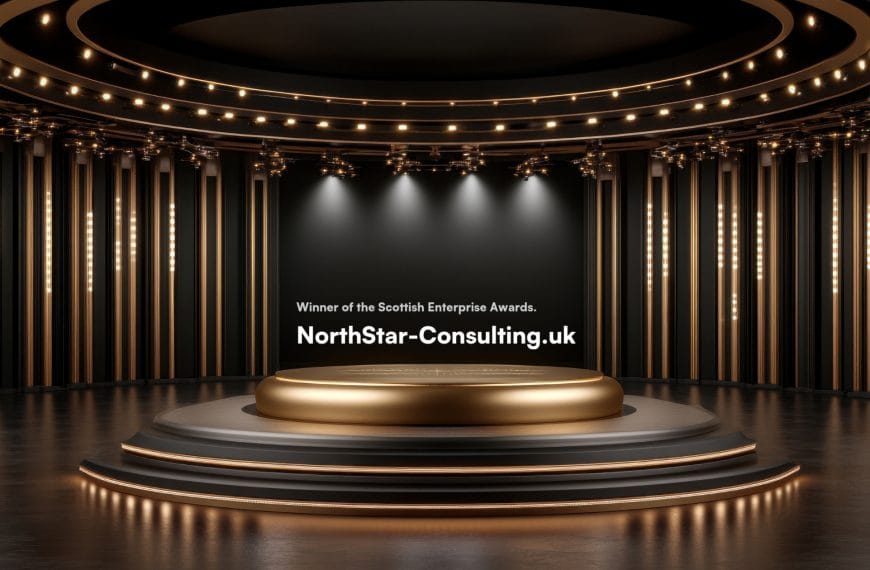Imagine a future where technology serves our daily needs and champions the cause of environmental stewardship.
The refurbished electronics market is on the brink of an extraordinary transformation.
Forecasts predict it will soar to $167 billion by 2032.
As consumers increasingly pursue sustainable lifestyles without sacrificing affordability and global e-waste is set to surge to 59 million metric tons annually, with a 38% increase by 2030, refurbished tech emerges as a trailblazing solution.
By extending the lifespan of our devices, this innovative approach delivers substantial cost savings and a beacon of environmental responsibility, charting a course for both individuals and forward-thinking businesses.
What Makes Refurbished Tech So Appealing?
Refurbished electronics are not just pre-loved gadgets, they’re modern devices revitalised through rigorous testing, repairs, and strategic upgrades.
Unlike casual second-hand products, they undergo certified processes and come with robust warranties.
Economically, the benefits are clear: consumers can save 20–50% on tech, from smartphones to laptops, without sacrificing quality. Imagine a flagship smartphone from just a generation ago, still equipped with cutting-edge features, yet available at only a fraction of its original price.
With devices depreciating roughly 10% per year, a three-year-old model can cost nearly half of a new one, delivering operational efficiencies and smarter budget allocations for institutions.
Beyond cost, refurbishment significantly reduces carbon emissions.
Recycling one smartphone can lower CO₂ emissions by up to 85% compared to producing a new one while preventing the extraction of around 180 pounds of valuable raw materials.
Moreover, extending a laptop’s lifespan by three to four years can cut its carbon footprint by 70–80%, supporting a circular economy and policies like the EU’s “Right to Repair”.
Consumer Trends Toward Sustainability
Today’s consumers—especially the dynamic Gen Z and Millennials—are rewriting the rules of commerce, placing sustainability at the forefront of every purchase.
Recent research reveals that 60% of buyers are ready to pay a premium for eco-friendly products, with 83% of younger consumers actively assessing a brand’s environmental impact before buying.
This shift toward conscious consumption is not merely a trend—it is a movement that champions transparency and unwavering commitment to sustainability.
Yet, the journey is not without its hurdles. Around 40% of consumers remain sceptical about refurbished products, anxious about potential performance lapses or reduced longevity.
Additionally, 35% voice concerns over the transparency of device histories, questioning how repairs and component upgrades are managed.
Addressing these concerns with clear, authentic communication is essential for fostering enduring trust and inspiring a sustainable future.
Driving Trust Through Success Stories and Strategic Marketing
Visionary marketers have an extraordinary opportunity to transform scepticism into enthusiasm by combining real success stories with innovative marketing tactics.
The inspiring journeys of industry leaders, such as Back Market and Refurbed, provide both proof of concept and a powerful narrative that can shape a brand’s strategy.
- Back Market stands as a beacon of innovation in refurbished tech. Its unwavering commitment to quality and transparency is reflected in its partnerships with certified refurbishers and rigorous diagnostic protocols. This approach has driven nearly 70% of customers to return for repeat purchases.
- Refurbed sets the standard for Europe’s refurbished technology market by leveraging a scalable, partnership-driven model. By connecting over 1,000 vetted refurbishers with eco-conscious consumers, it offers devices at prices 30–50% below retail, a strategy that not only addresses consumer concerns but also reinforces affordability alongside environmental stewardship.

Empowering SMEs: Unlocking Opportunities with Refurbished Tech
For small and medium-sized enterprises (SMEs) and small businesses, the refurbished tech revolution offers a transformative opportunity to innovate and lead.
By adopting refurbished devices, SMEs can realise significant cost savings, typically between 20% and 50% compared to new equipment.
These savings free up vital capital, enabling investment in digital transformation, product development, and other growth-driving strategies.
But the potential doesn’t stop at operational savings. SMEs can also actively partake in the thriving refurbished tech ecosystem.
Imagine building a niche within the refurbishment value chain—whether through device collection, refurbishment services, or establishing innovative resale channels.
With projections indicating market growth to USD 272.91 billion by 2031, the opportunity for innovative business models is immense.
Embracing refurbished technology not only slashes costs but also elevates a company’s sustainability credentials.
As SMEs adopt eco-friendly practices, they enhance their brand reputation among increasingly conscious consumers, positioning themselves as pioneers of the circular economy.
In a rapidly evolving market, this dual benefit of economic efficiency and environmental responsibility propels SMEs to the forefront of industry innovation, further supported by regulatory trends like the EU’s “Right to Repair” legislation.
SMEs as Sustainability Pioneers
The rise of refurbished tech is more than a trend, it’s a pivotal moment in the evolution of sustainable innovation. It represents a new frontier where affordability, performance, and environmental stewardship intersect to reshape how we think about technology.
For SMEs and small businesses, this is not just a market to observe, it’s a movement to lead.
Now is the time to act. Whether by integrating refurbished devices into your operations to unlock cost efficiencies or by carving out a bold new niche within the refurbishment value chain, the opportunities are both vast and viable.
In a world increasingly defined by digital transformation and sustainability, SMEs that embrace refurbished tech stand to gain not only economically but also reputationally – appealing to a new generation of conscious consumers and future-focused partners.
This isn’t just about adapting to change – it’s about driving it. The question for SMEs is no longer if refurbished tech has a place in their strategy but how fast they can position themselves at the forefront of this growing revolution.
NorthStar Consulting delivers insights through data-driven analytics. Stay updated on the latest tech innovations by following The Pulse.




